The Independent's journalism is supported by our readers. When you purchase through links on our site, we may earn commission. Why trust us?
Anti-pollution skincare: The products you need for returning to your commute
Keep inflammation, premature ageing and pigmentation at bay with these expert-approved products
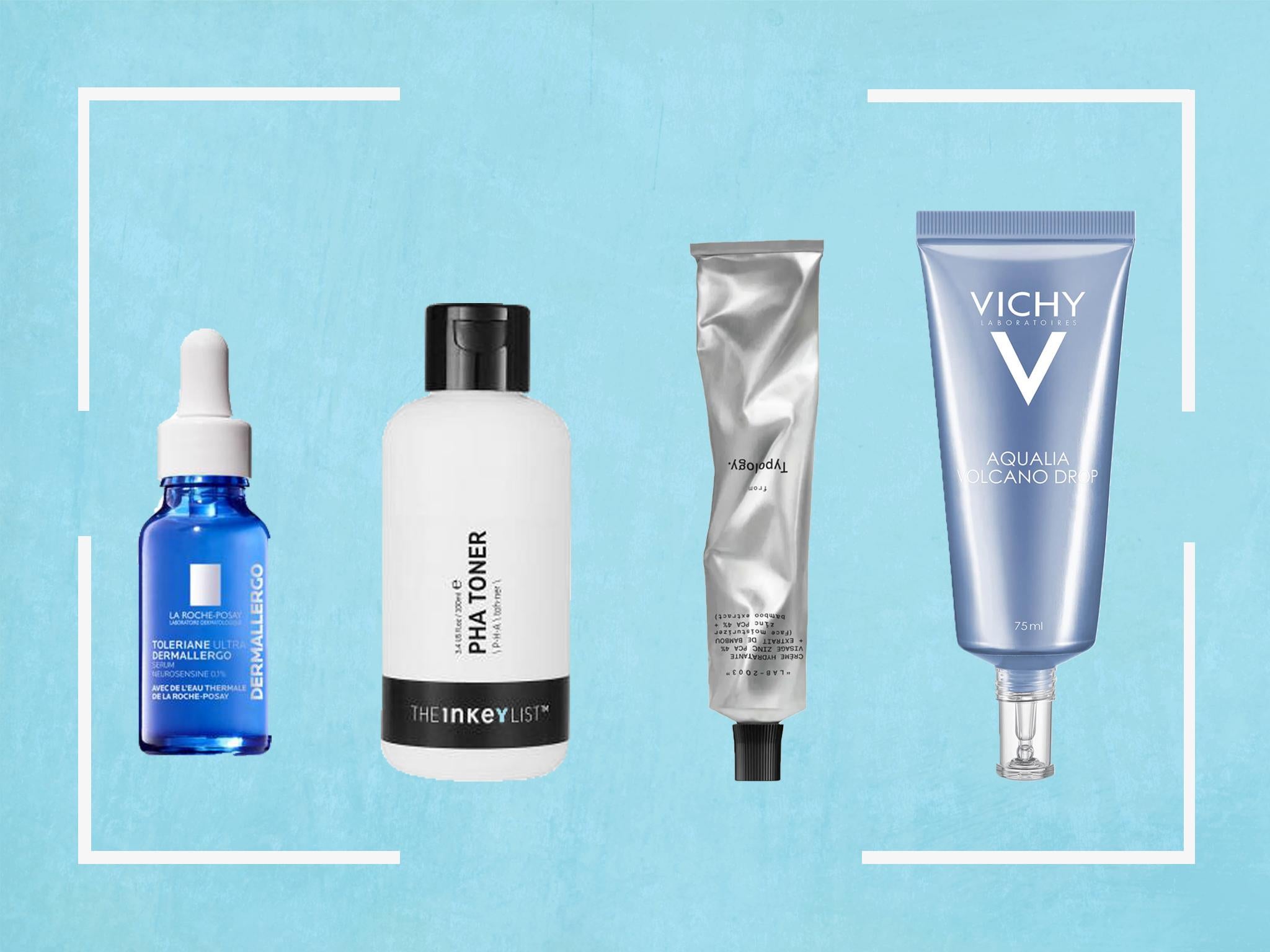
Your support helps us to tell the story
From reproductive rights to climate change to Big Tech, The Independent is on the ground when the story is developing. Whether it's investigating the financials of Elon Musk's pro-Trump PAC or producing our latest documentary, 'The A Word', which shines a light on the American women fighting for reproductive rights, we know how important it is to parse out the facts from the messaging.
At such a critical moment in US history, we need reporters on the ground. Your donation allows us to keep sending journalists to speak to both sides of the story.
The Independent is trusted by Americans across the entire political spectrum. And unlike many other quality news outlets, we choose not to lock Americans out of our reporting and analysis with paywalls. We believe quality journalism should be available to everyone, paid for by those who can afford it.
Your support makes all the difference.While key staff have continued to go work during the pandemic, many others in the UK have spent the last four months working from home.
But as some lockdown restrictions have been lifted, including those for non-essential shops and pubs, cinemas, galleries and hairdressers, more and more people are returning to work.
On 17 July, Boris Johnson announced that guidelines would be eased next month so that other firms could bring employees back to the workplace. From August 1, companies will have more discretion to bring staff back to the office, but only if its premises are "Covid secure".
Should you be returning to the office, you'll be facing with the daily commute once more, and if you work in a busy city, then you'll be coming into contact with far more air pollutants than your skin has been used to for the past few months. All of this can have a detrimental effect on your skin.
According to Dr Anjali Mahto, consultant dermatologist at Harley Street clinic, Skin55, air pollutants include polycyclic aromatic hydrocarbons (PAH), oxides, particulate matter, ozone, and cigarette smoke.
“Scientific studies in both animals and humans have shown that these components of air pollution can contribute to premature skin ageing, such as wrinkling and pigmentation spots, and worsening of inflammatory skin diseases such as eczema, psoriasis and acne.”
It’s not all doom and gloom however, as there are simple steps you can take in your skincare regimen to limit pollution damage.
“We may not be able to control the environmental factors that lead to skin inflammation and ageing, but it is in our hands to try and limit these,” explains Dr Mahto.
Ahead is our guide to anti pollution skincare, with the expert-recommended products, ingredients and routines to follow, to make sure the commute doesn't wreak havoc with your complexion.
You can trust our independent round-ups. We may earn commission from some of the retailers, but we never allow this to influence selections. This revenue helps us to fund journalism across The Independent.
Invest in a hardworking cleanser
Dr Mahto recommends cleansing morning and night to remove dirt and environmental toxins from the skin’s surface.
In our guide to best cleansers for combination skin, we were impressed with the Oskia renaissance cleansing gel (Cult Beauty, £35). It contains pumpkin enzyme, vitamins A, C and E and Oskia’s signature ingredient MSM, a natural form of organic sulphur which aids cell regeneration.
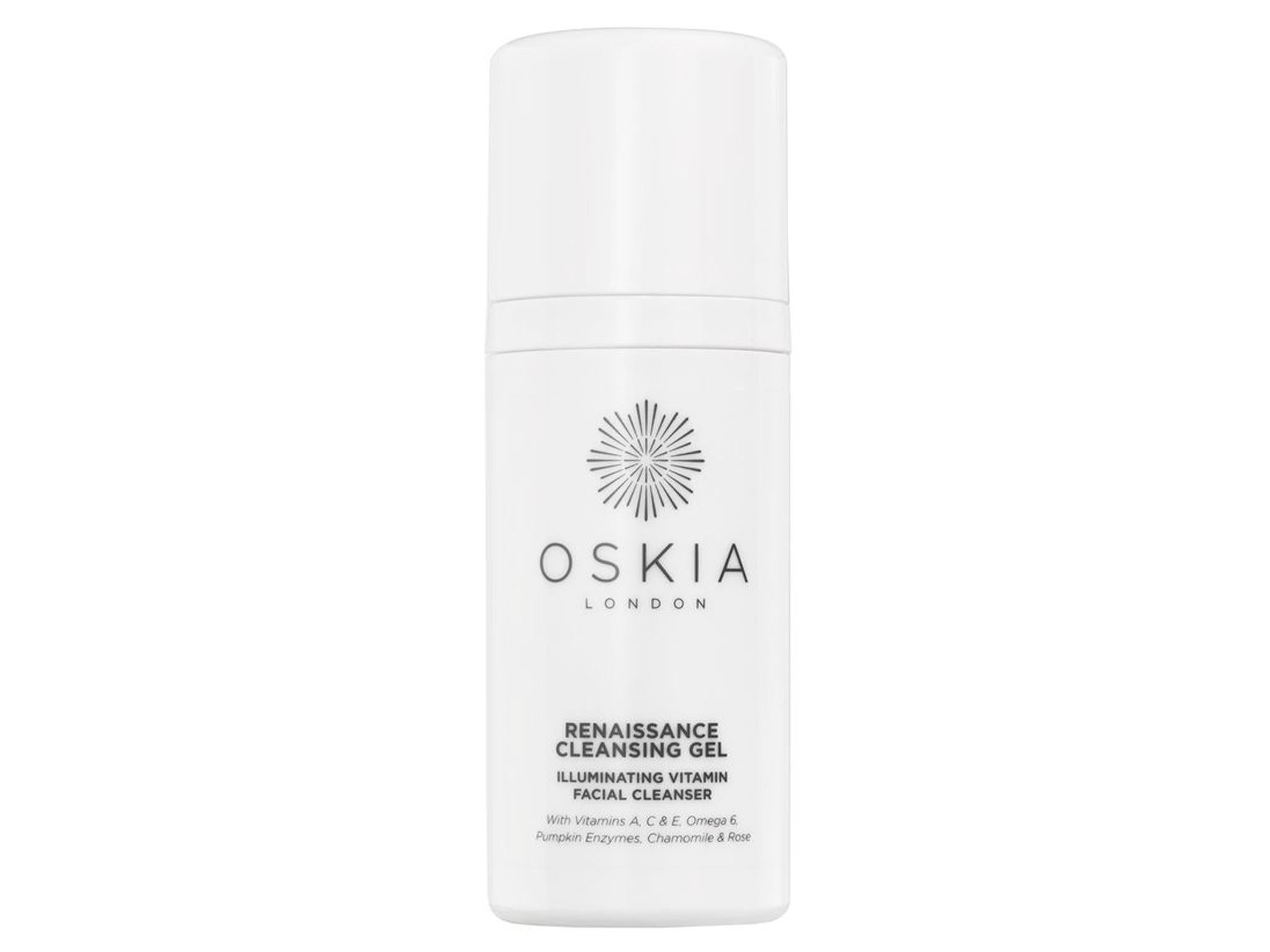
"The product pumps out as a gel but turns into an oil which you can massage into the skin for a little mini-facial and it has a nice rosy scent, leaving the skin feeling clean and hydrated with zero residue," says our reviewer.
Dr Mahto also recommends double cleansing at night. This means using a rich balm or oil cleanser first to breakdown make-up and dirt, followed by a milk or gel cleanser to thoroughly cleanse the skin.
“Oil production peaks mid-afternoon and ensuring sunscreen, sebum, dirt, sweat, grime and pollution are thoroughly removed from the skin surface is important,” she told The Independent.
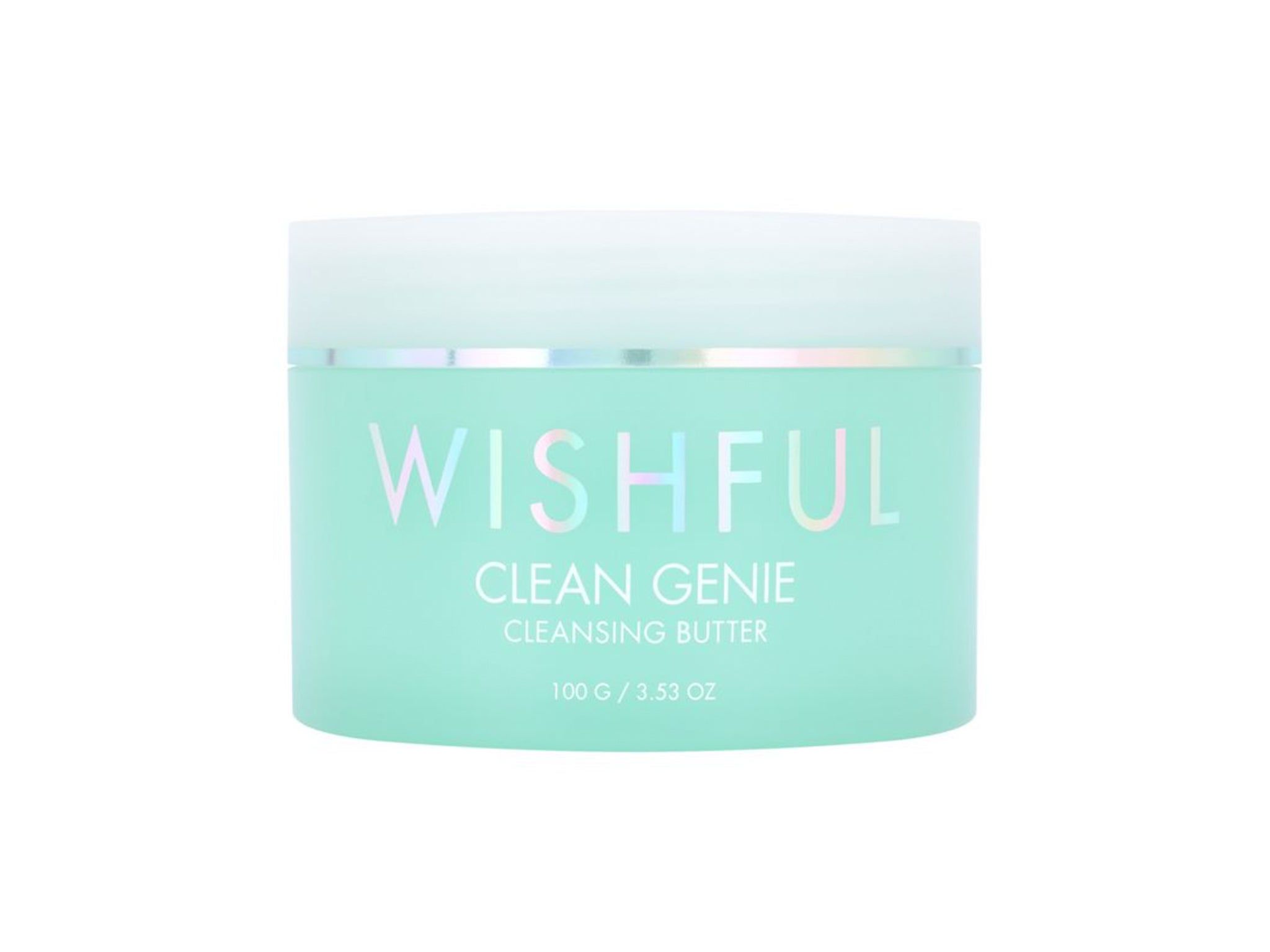
One balm cleanser we love is the Wishful clean genie cleansing balm (Cult Beauty, £31). It has a butter-like texture that melts down any make-up, pollution, dirt and grime in seconds and leaves skin feeling soft and smooth, with no oily residue that could clog pores and cause breakouts.
Exfoliate weekly
Dr Mahto advises exfoliating once a week to give your skin a deeper clean and improve the penetration of any products that are later applied to the skin.
There's two main types of exfoliants; chemical, also known as acids, which are in liquid form and applied as leave-on treatments, and physical exfoliants, such as rinse-off scrubs, which are manually buffed into the skin.
We were impressed with The Inkey List PHA toner (Cult Beauty, £9.99), an affordable chemical exfoliant option.
Polyhydroxy acids (PHAs) are a natural humectant to help hydrate skin while sloughing off dead skin cells to leave you more radiant and smooth, with tightened pores.
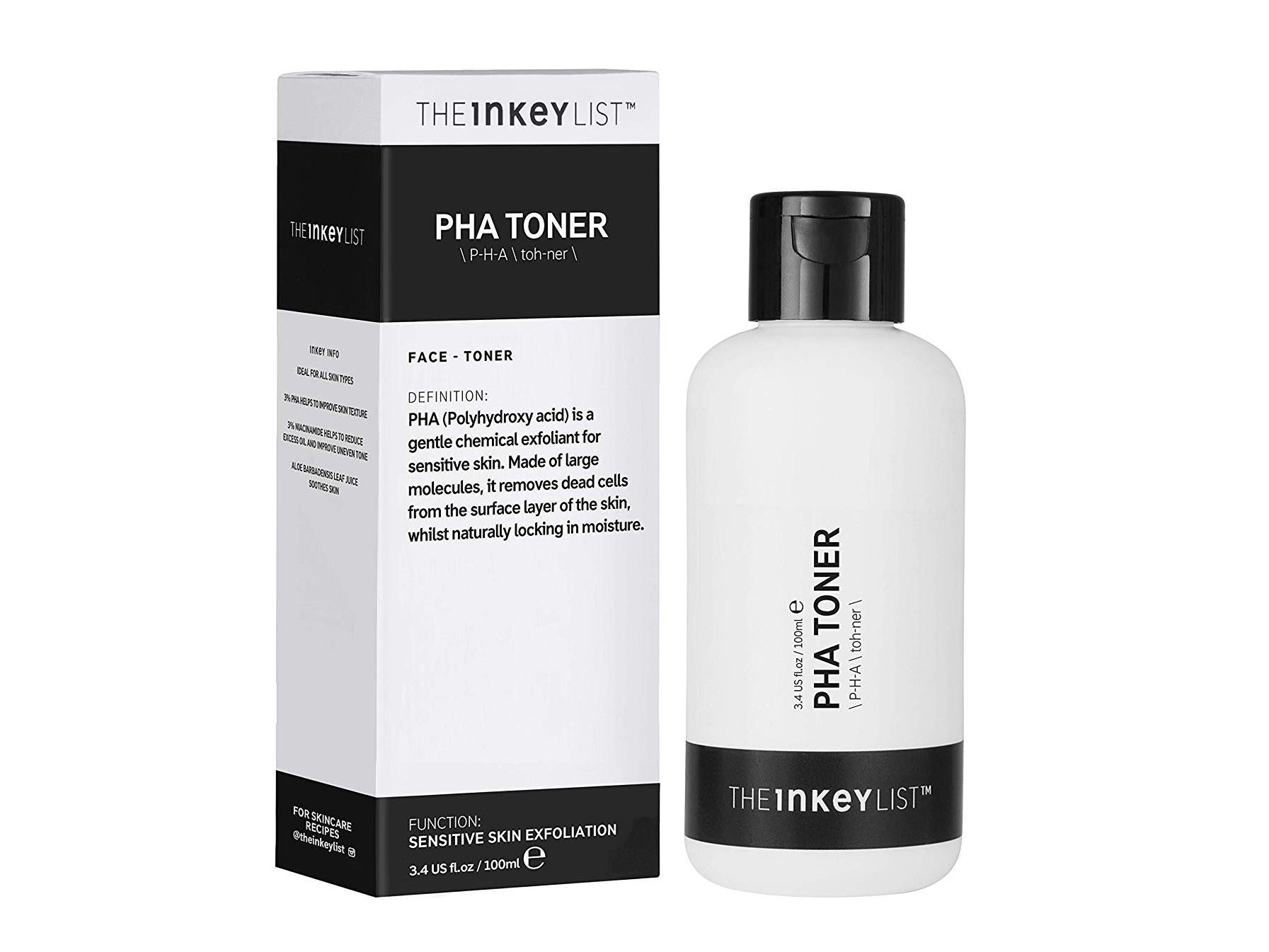
Our reviewer described it as “a terrific no-frills choice for anyone wanting to give an exfoliating toner their first try or those who want a more gentle approach.”
The Omorovicza silver skin tonic (Space NK, £59) is a BHA toner that’s ideal if you’re new to acids and don’t want to risk aggravating sensitive skin.
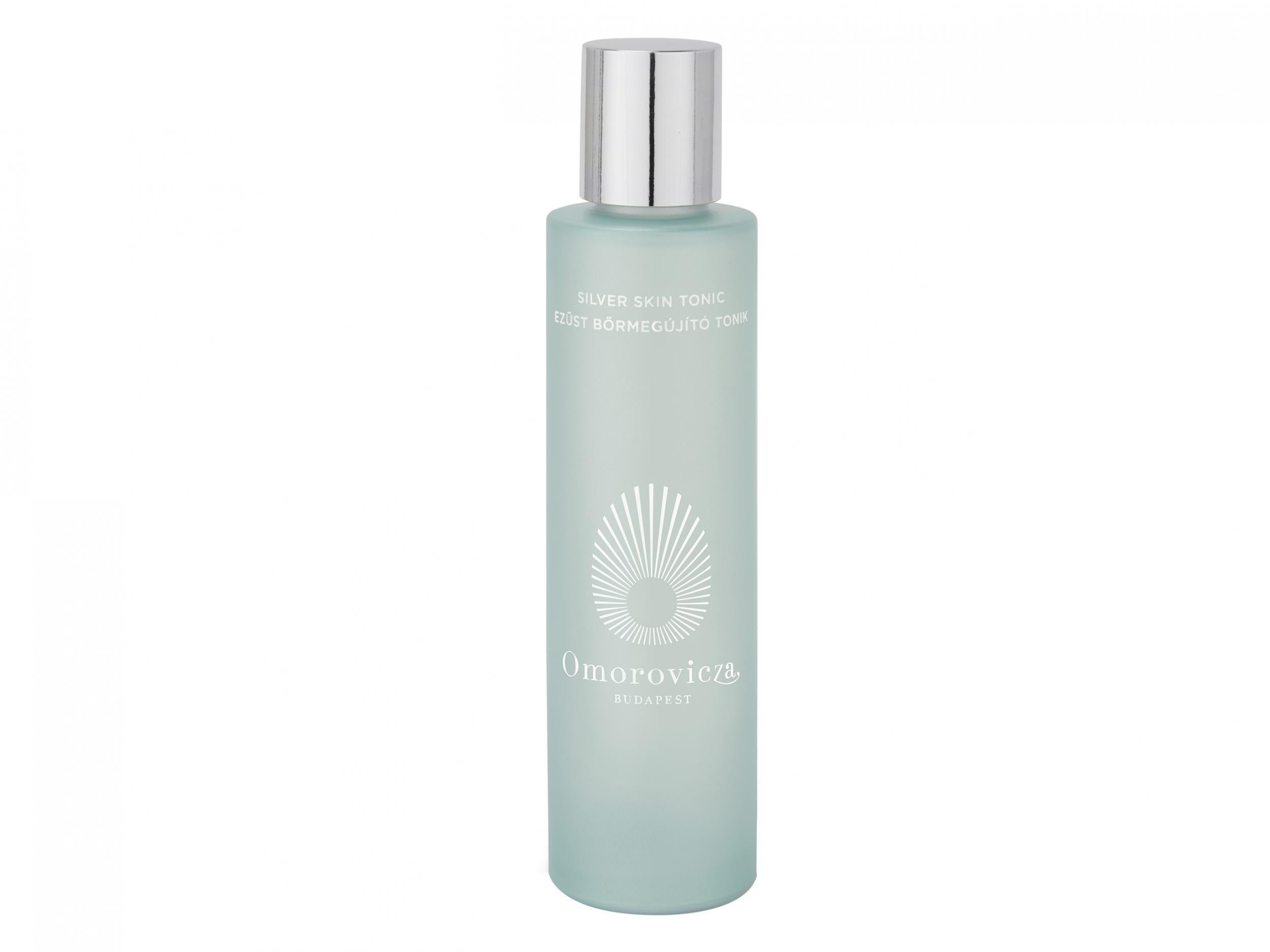
It contains salicylic acid which fights blemishes, brightening niacinamide and its signature Hungarian thermal water to soothe and hydrate.
Apply an antioxidant-rich serum
Antioxidants play an important role when tackling pollution head-on. As explained in our skincare glossary guide, they help to combat the damage caused by harmful free-radical particles found in pollution and in UV light from the sun.
“Use an antioxidant serum such as vitamin C or resveratrol, which have the ability to neutralise pollutant damage,” says Dr Mahto.
In our IndyBest guide to vitamin C products, the Clinique fresh pressed 7-day system with pure vitamin C (Clinique, £25) walked away with the top spot.
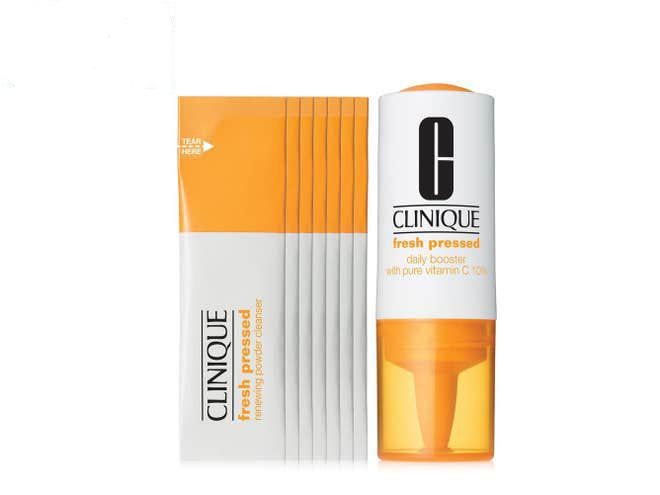
A “week-long boot camp for dull and lined skin,” the kit contains two products, a powder and a “daily booster”, both of which contain the brightening ingredient.
To apply, empty a packet of the powder into wet hands and massage into skin, leave for one minute and then remove with a flannel. Double up by adding a couple of drops of the “daily booster” to your regular moisturiser morning and evening. This is the ideal regime to try after your first week back at work.
Vitamin C can be irritating for sensitive skin types, so try introducing the La Roche-Posay toleriane ultra dermallergo serum (Boots, £28), if you're looking for something more gentle. Apply this before your moisturiser.
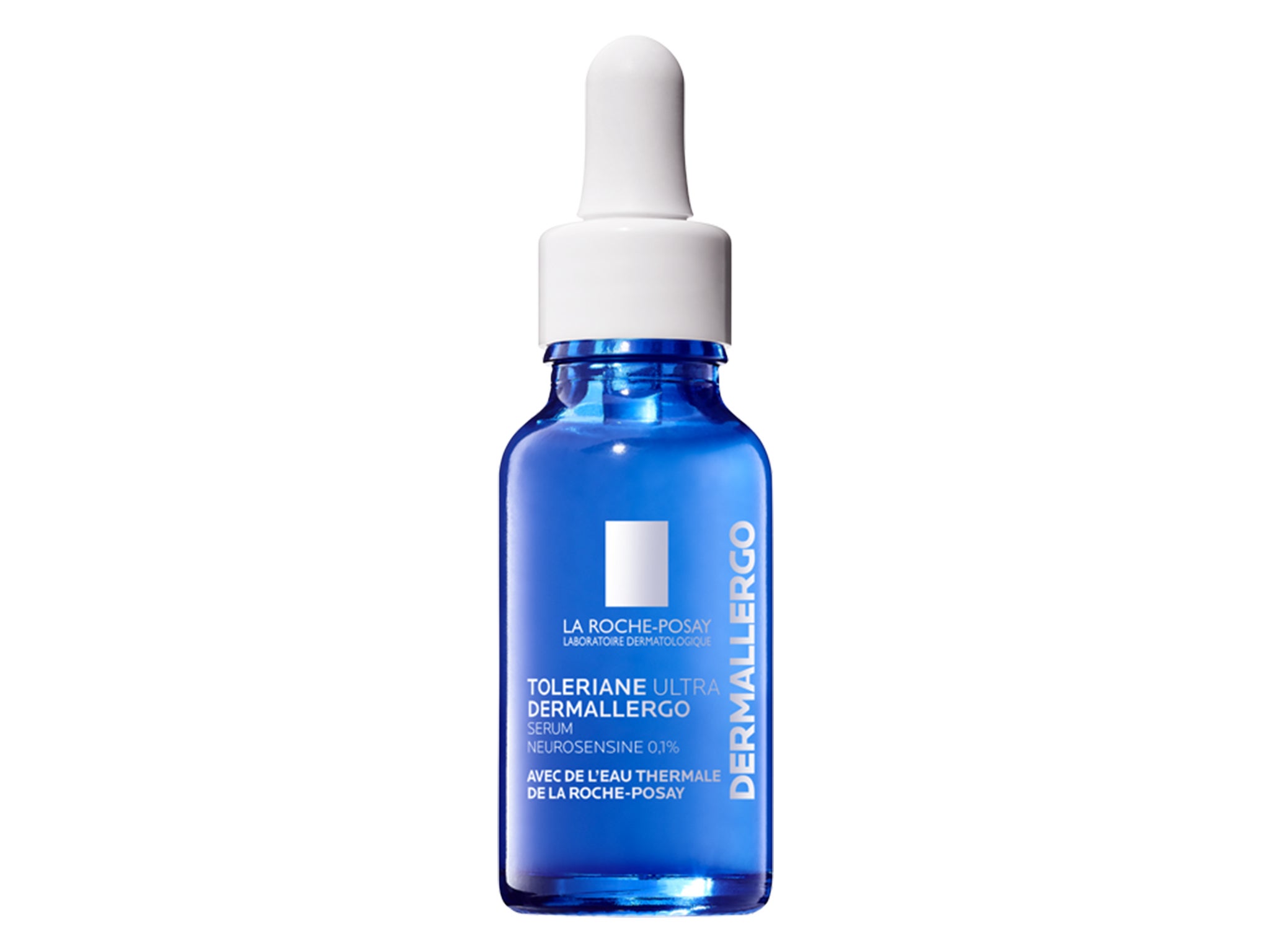
The fast-absorbing gel soothes dryness, tightness and itchiness and helps prevent future reactions to pollutants and irritating products.
Moisturise to strengthen the skin's barrier
According to Dr Mahto, we should moisturise daily, particularly if you suffer from dry, inflammatory skin conditions such as eczema and psoriasis.
Exposure to air pollutants can aggravate these conditions and lead to a weakened skin barrier, making it even more imperative to moisturise the skin.
Even if your skin is on the oilier side and you might not feel the need to use one, all good skincare regimens should include a moisturiser. “This will keep your skin hydrated, helping to maintain the integrity of the barrier function of your skin,” she explains.
A strong skin barrier will retain moisture, which can lead to a plumper and more radiant complexion.
If you’re blemish-prone, try this purifying moisturiser 4% Zinc PCA + bamboo extract (Typology, £19.80), a lightweight cream that will keep spots at bay and oiliness to a minimum.
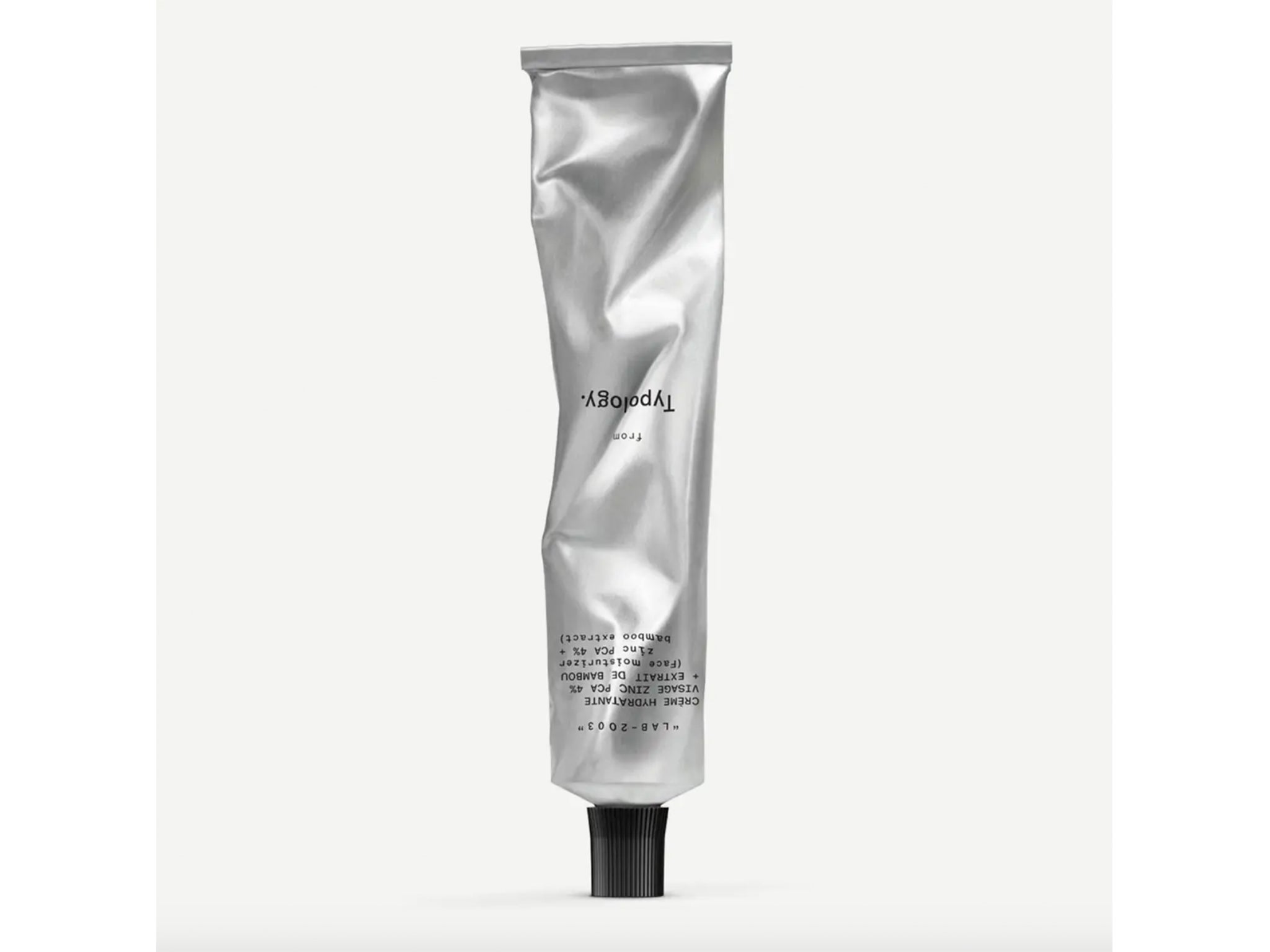
Containing bamboo extract, it delivers a mattifying finish to reduce a shiny T-zone, and the slimline tube packaging means it won’t take up much room in your bag.
If your skin is feeling particularly dull and dehydrated, try this hyaluronic acid-rich Vichy aqualia volcano drop moisturiser (lookfantastic, £25).
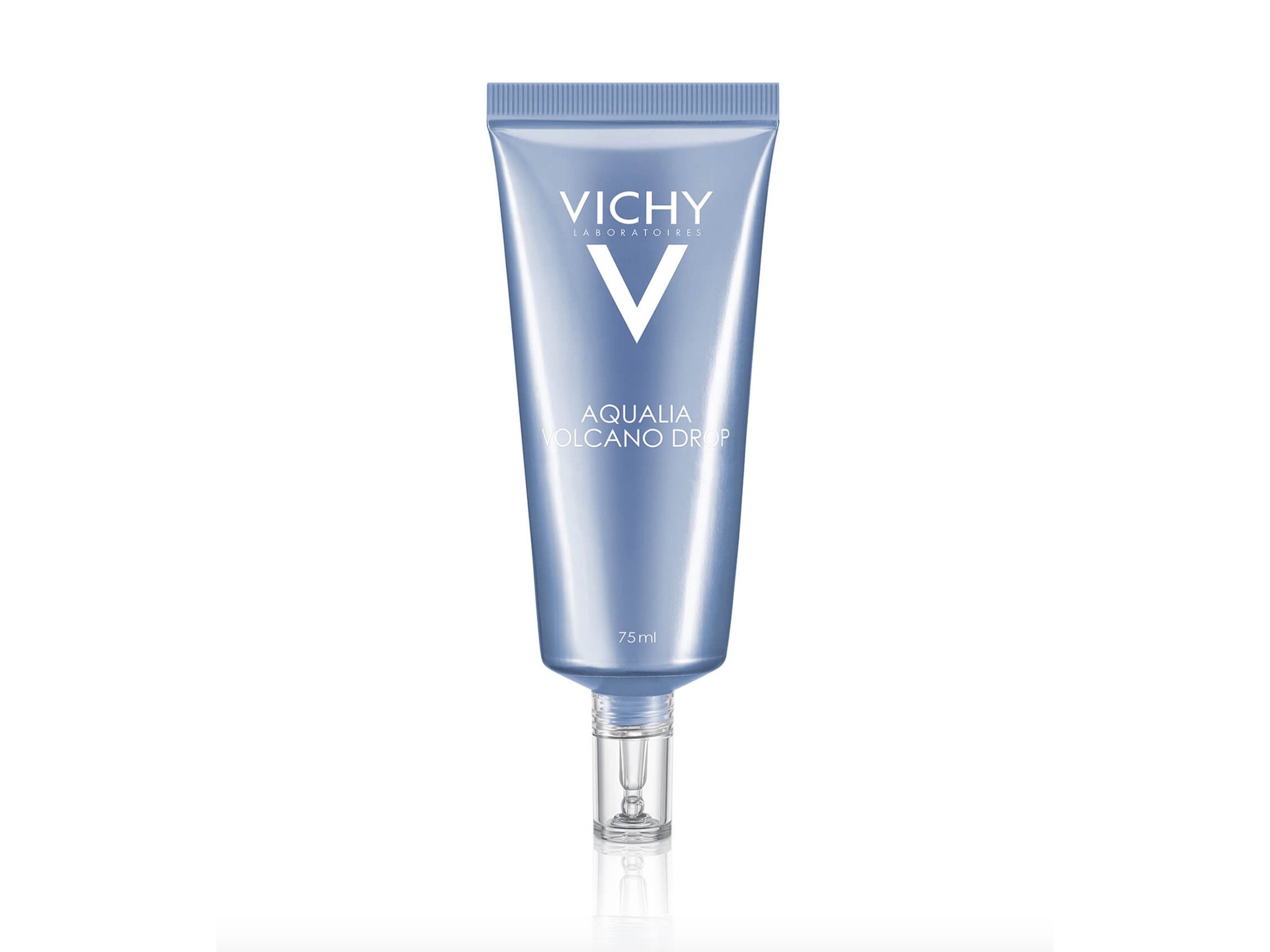
The gel formula is infused with squalene which provides antioxidant protection, prevents water loss and leaves your complexion with a luminous glow without feeling greasy.
Always wear sunscreen
Using an SPF daily is imperative too, as it protects you from UV rays, helping to minimise the risk of skin cancer.
While not enough on its own to prevent the effects of pollution, sunscreen works to reduce pigmentation and signs of ageing, which can be exasperated by environmental aggressors like pollution. Using one daily will also improve the overall health of your skin.
Our review of the best facial sunscreens found the ZO Skin Health sunscreen + powder SPF30 (£54, ZO Skin Health) to be a real multitasker when it comes to sun protection and anti-pollution benefits.

Not only does it protect your skin from UVA and UVB rays and blue light damage from screens, but it also works to shield against free radicals and pollution.
"In powder form, it comes in a light shade designed to neutralise signs of redness; the medium shade gives a sheer base, while the deep one adds a warm, bronzed finish," our reviewer says.
When looking for a sunscreen that won’t clog pores or leave skin feeling greasy, look for oil-free formulas such as this Heliocare 360 oil-free gel SPF50 (Sknclinics, £30).
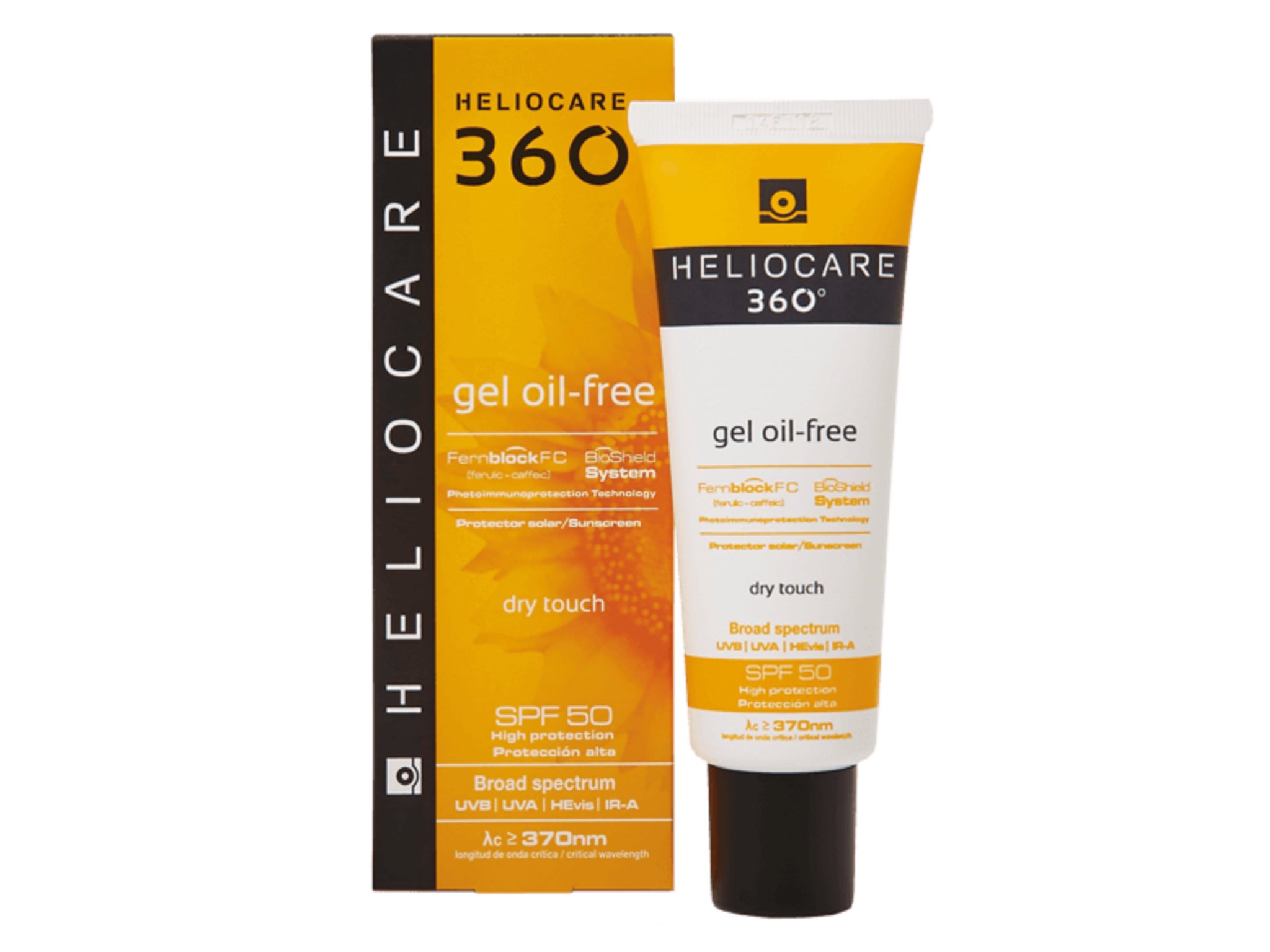
Its mattifying finish will ensure there’s no greasy residue left on the skin which could clog pores and increase breakouts, and the lightweight gel texture makes it fast-absorbing and hydrating.